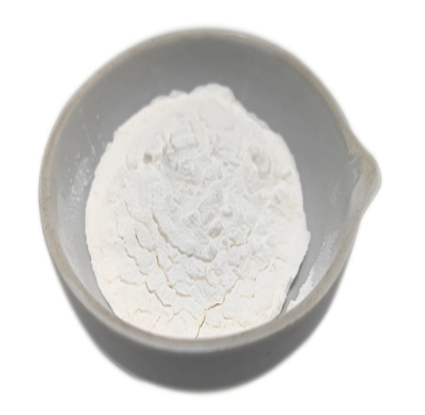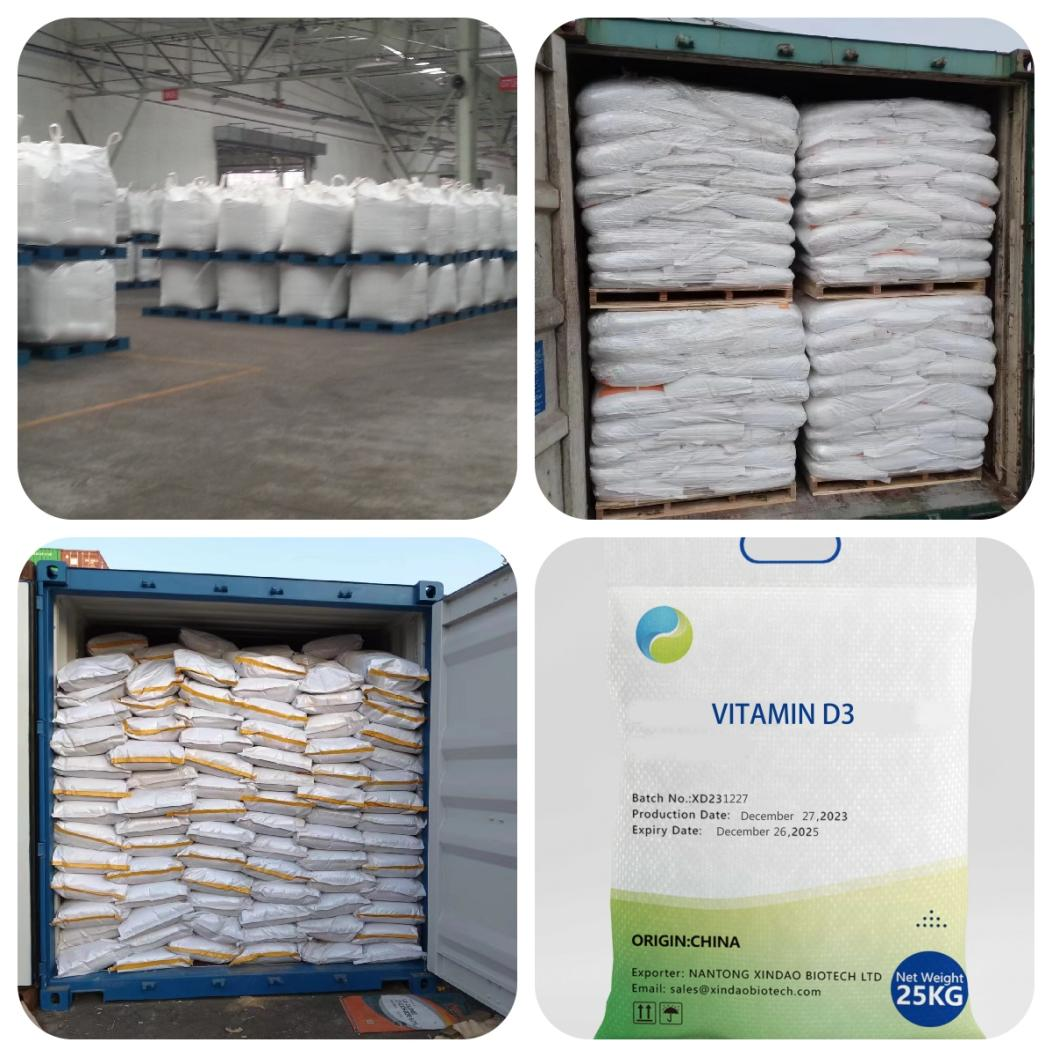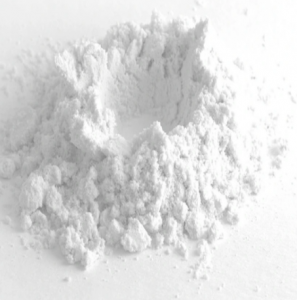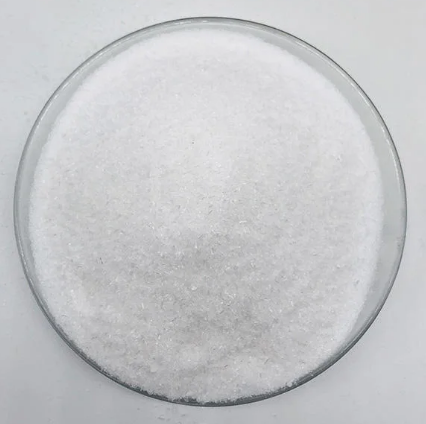Vitamin E CAS:2074-53-5 Manufacturer Price
Antioxidant activity: The primary function of vitamin E is to act as an antioxidant in animal bodies. It helps protect cells and tissues from damage caused by free radicals, which are byproducts of normal metabolism or environmental stressors. By neutralizing these harmful compounds, vitamin E supports overall health and reduces the risk of oxidative stress-related diseases.
Immune system support: Vitamin E plays a vital role in maintaining a healthy immune system in animals. It aids in the production of immune cells and antibodies, which are necessary for a robust immune response against pathogens and infections. Adequate vitamin E levels can enhance the animal's ability to fight off diseases and reduce the severity of associated symptoms.
Reproductive health: Vitamin E is known to have positive impacts on reproductive performance in animals. It supports fertility, pregnancy maintenance, and embryonic development. In livestock, vitamin E supplementation has been shown to improve sperm health, reduce the incidence of stillbirths, enhance embryo survival rates, and maintain normal reproductive functions.
Muscle health and performance: Vitamin E is essential for muscle health and function. It helps protect muscle tissue from oxidative damage during intense physical activity. Additionally, adequate vitamin E levels have been associated with improved muscle strength, endurance, and overall performance in athletic animals.
Shelf-life of feed: Vitamin E has natural preservative properties that can extend the shelf life of animal feed. It helps prevent the oxidation of fats and oils present in the feed, reducing the risk of nutrient degradation and maintaining the feed's nutritional value over time.



| Composition | C29H50O2 |
| Assay | 99% |
| Appearance | White powder |
| CAS No. | 2074-53-5 |
| Packing | 25KG 1000KG |
| Shelf Life | 2 years |
| Storage | Store in cool and dry area |
| Certification | ISO. |









